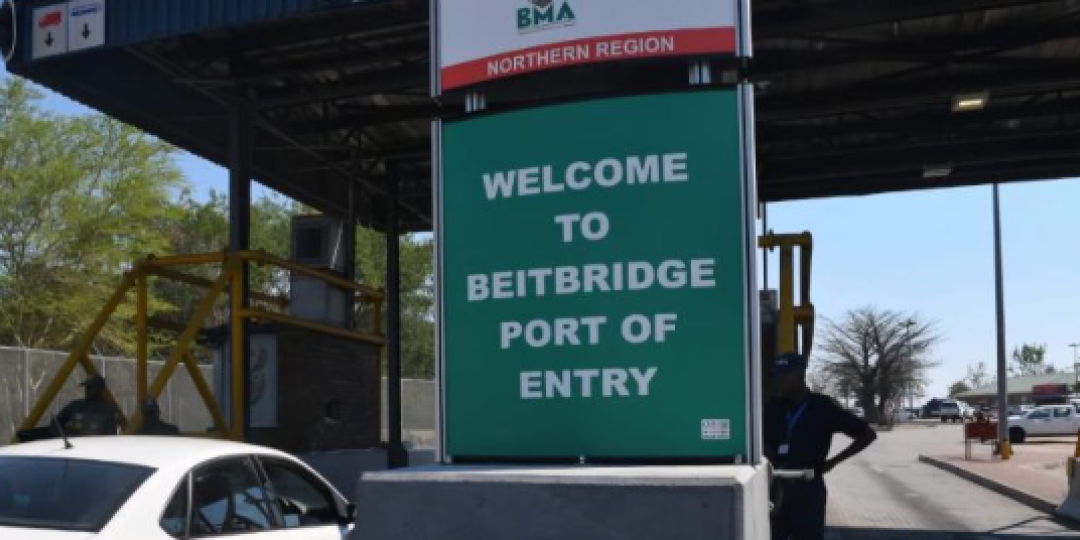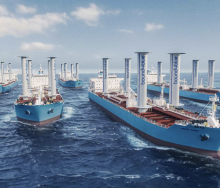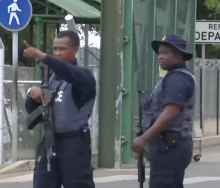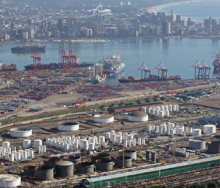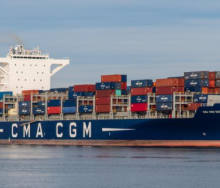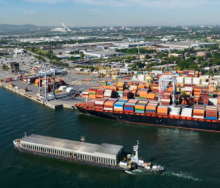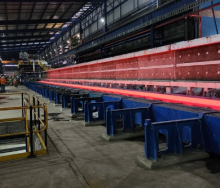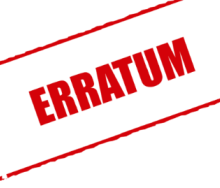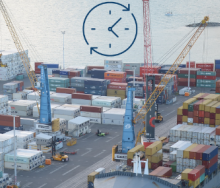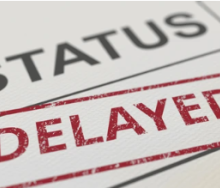Traffic flow through Beitbridge Border Post has slowed to a trickle reminiscent of previous snail’s-pace truck movement between South Africa and Zimbabwe before the congestion-prone transit was redesigned by concessionaire, Zimborders, at a cost of $300 million.
The $200 transit fee charged to transporters thereafter was supposed to have been offset by a more efficient and much faster cargo processing experience that, ideally, should’ve been reduced to six hours or less.
Optimally operated, it shouldn’t take longer than three hours for a truck to pass through Beitbridge, said Mike Fitzmaurice, a border consultant and chief executive of the Federation of East and Southern African Road Transport Associations.
However, a cross-border operator serving clients in Zimbabwe said the waiting time at Beitbridge, especially northbound, “has reverted to about 24 hours or more, with the added disgrace of charging us $200 on top of it”.
According to Fitzmaurice, the reason for slowed border transits at Beitbridge is the recent implementation of a 100% cargo scanning regime, as well as a duty on fuel tankers using Zimbabwe as a transit country towards the Copperbelt in Zambia and the Democratic Republic of the Congo.
Both measures were implemented by the Zimbabwe Revenue Authority (Zimra) to curb fuel theft and smuggling, but although the intention was to protect the country’s flagging economy, stringent cargo control measures were killing trade, Fitzmaurice said.
Tanker fleets operating out of South Africa are already bypassing Zimbabwe because it could take time for the duty they’re expected to pay to reflect in Zimra’s bank account and to be refunded upon exiting into Zambia at Chirundu.
The cross-border operator, who can’t avoid Beitbridge, said: “I just have to pay and wait. There’s nothing else I can do.”
Fitzmaurice said Zimra was aware of the impact cargo scanning and the fuel duty was having on trade, and he hoped that things might change.
Yesterday, at the Forbes-Machipanda border crossing on the Beira Corridor, trucks formed a line and signalled their opposition to the fuel duty by honking their horns.
Unlike tanker operators from South Africa, tankers operating the line between the Port of Beira and the Copperbelt have no feasible Botswana-like alternative.
Regarding operators using Beitbridge for trade destinations in Zimbabwe, Fitzmaurice said cargo scanning at the border could be changed.
“Currently, the drive-through scanner is at the exit gate, and it makes no sense. Ordinarily, such a scan takes 30 seconds or less, and while a scan is assessed, the driver can park his truck and sort out the rest. While he’s doing this, a load can be referred for further inspection or a truck can be given green lane passage.
“With the scanner at the exit gate, drivers still have to park their trucks upon entry, do their paperwork, and fall in the same line as everyone else before they get to the scanner where there is no parking. If a load is flagged there, it causes a ripple effect all the way down the line.”
He said a mobile scanner could ease congestion if it were used in an unused livestock shed in an area of the border that won’t hold back the queue.
But Zimra already has its $2.5m drive-through scanner and probably doesn’t see any reason why it should spend another $1.5m on a mobile scanner.
